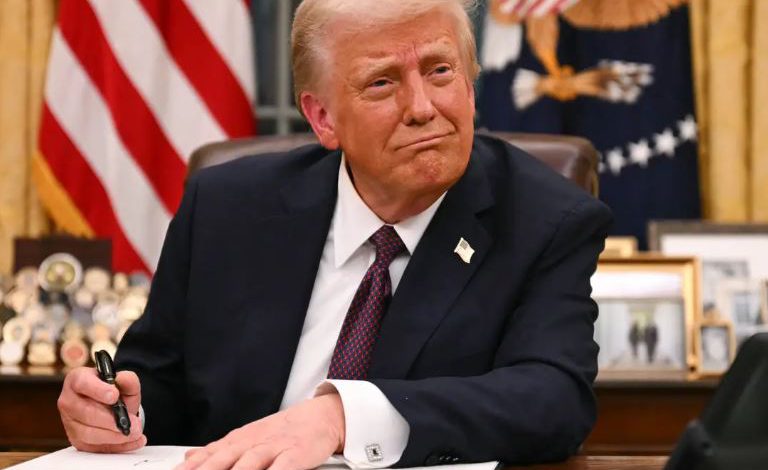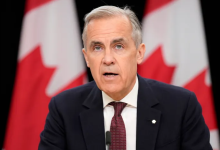Which Countries Are Likely To Be Hit The Hardest By Donald Trump’s Reciprocal Tariffs ? Know How

US President Donald Trump will unveil a new tariff or ‘reciprocal tariffs’ plan on Wednesday, April 2, in his first Rose Garden press conference of his second term, which he has dubbed “Liberation Day”. White House press secretary Karoline Leavitt confirmed Monday that the full cabinet will be present for the event, but specifics of the plan remain uncertain as Donald Trump and his administration have floated multiple, sometimes conflicting, proposals in recent weeks.
Critics warn that the strategy risks a global trade war, provoking a chain reaction of retaliation by major trading partners such as China, Canada and the European Union. Already, China, South Korea and Japan have agreed to strengthen free trade between themselves. Donald Trump said reciprocal tariffs would include “all countries” rather than a group of 10 to 15 countries with the biggest trade imbalances, triggering fears that an escalating trade war could lead to a US recession.
Director of Trump’s National Economic Council Kevin Hassett, as reported by CNBC, said in an interview that the US government is looking at 10 to 15 countries that account for America’s “entire trillion-dollar trade deficit. While Hassett did not name those countries, data from the commerce department shows that in 2024, the US had the highest goods trading deficit with China, followed by the European Union, Mexico, Vietnam, Ireland, Germany, Taiwan, Japan, South Korea, Canada, India, Thailand, Italy, Switzerland, Malaysia, Indonesia, France, Austria and Sweden.
Despite the imminent announcement, the Trump administration has not provided clear details on which tariffs will be implemented. Over the past weeks, Trump and his advisers have discussed a range of measures, including reciprocal tariffs on all countries, the delayed enforcement of 25 per cent tariffs on Mexico and Canada, and tariffs targeting lumber, copper, pharmaceuticals, and microchips. While some officials have suggested that only certain countries will be affected, others, including Trump himself, have indicated that the tariffs might be more flexible. Last week, Trump stated that the tariffs would be “far more generous” than those imposed by other nations on the US.




